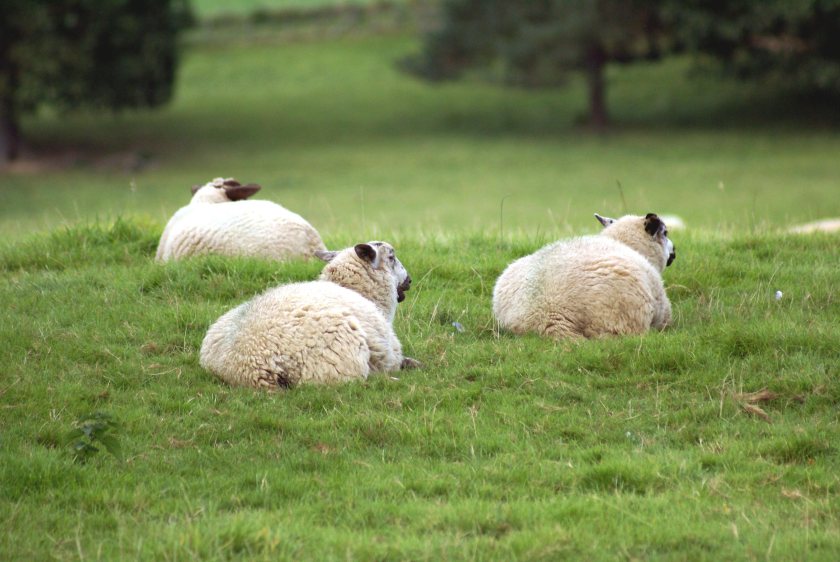
Farmers will finally see a relaxation of movement restrictions, as bluetongue-vaccinated livestock will be allowed into Wales without pre-movement testing — and into Scotland under a new, species- and category-specific general licence with reduced controls.
From midday on Sunday (21 September), changes will come into effect easing bluetongue restrictions on animals moving from England’s ‘restricted zone’ into Wales, and into Scotland under separate licence conditions.
Bluetongue is a viral disease spread by midges that affects cattle, sheep and other ruminants. It does not pose a threat to human health, but outbreaks can cause heavy losses in flocks and herds, with symptoms including fever, mouth ulcers, lameness and, in sheep especially, high mortality.
The current BTV-3 strain first reached the UK in late 2023 and has since led to thousands of confirmed cases in England, prompting strict movement restrictions to limit spread.
Wales: Vaccinated stock cleared to move
Livestock that have completed the full primary vaccination course with any licensed BTV-3 vaccine, and show no signs of illness, will be permitted to move into Wales without requiring a pre-movement test. This will be under the EXD661(E) general licence.
This licence replaces the current ‘Specified Green Market’ system in England. From 21 September, English and Welsh markets will be able to sell vaccinated and unvaccinated animals together.
However, only vaccinated animals or those with a negative pre-movement test will be eligible to move into Wales.
Animals for slaughter can continue to move under a new general licence (EXD603(E)). Movements must go direct to a designated slaughterhouse in Wales, or via a dedicated slaughter market or collection centre. Importantly, there will be no vaccination requirement for animals moving direct to slaughter.
Non-vaccinated animals remain under strict conditions. Movements into Wales will still require both a negative pre-movement test and a specific licence from the Animal and Plant Health Agency (APHA).
Any animals testing positive — or in a batch where one or more animals test positive — cannot move. Keepers may either re-test after 30 days or choose to vaccinate.
The Welsh government said the decision was guided by expert advice, with September temperatures expected to be “low enough… to reduce virus transmission by midges.”
Scotland: Separate rules apply
From Sunday 21 September, Scotland moves to a new general licence (EXD662(E)) that reduces bluetongue controls.
No pre-movement test is required for store, fattening or slaughter animals, for female sheep and goats (even if pregnant), and for non-pregnant female cattle, deer and camelids.
Breeding bulls and pregnant cattle remain subject to testing requirements — unless they are fully vaccinated with Bultavo-3 in line with the product datasheet, with both doses given and at least 21 days elapsed after the second dose (plus boosters as required).
Male breeding sheep (tups) may move without a pre-movement PCR, but testing is strongly recommended before they are used for breeding in Scotland.
For slaughter in Scotland, abattoirs no longer need to be designated.
Keepers moving animals from Wales to Scotland that have spent time in the restricted zone since May 2025 must also follow the rules for ‘Movements to Scotland: animals that have originated in the RZ’.
